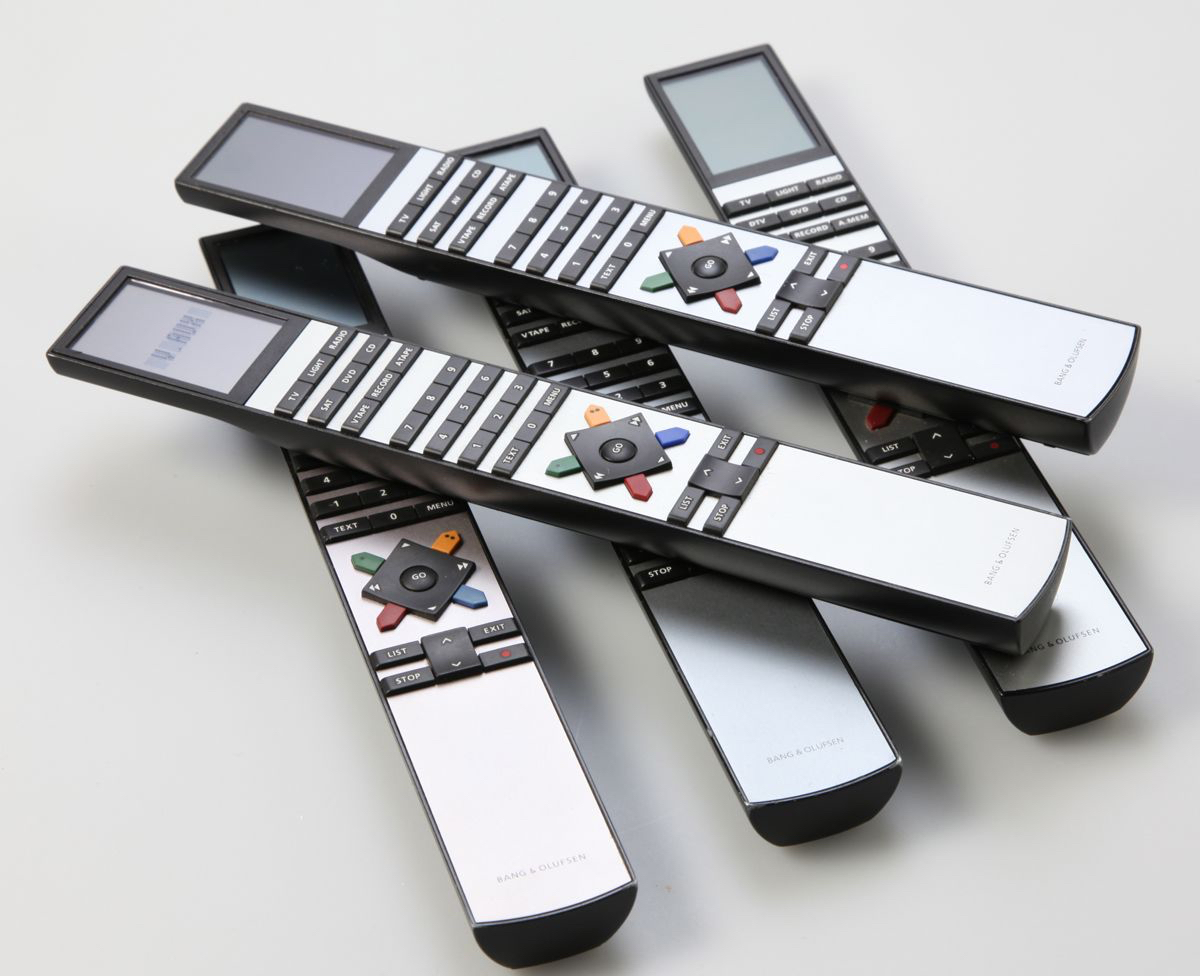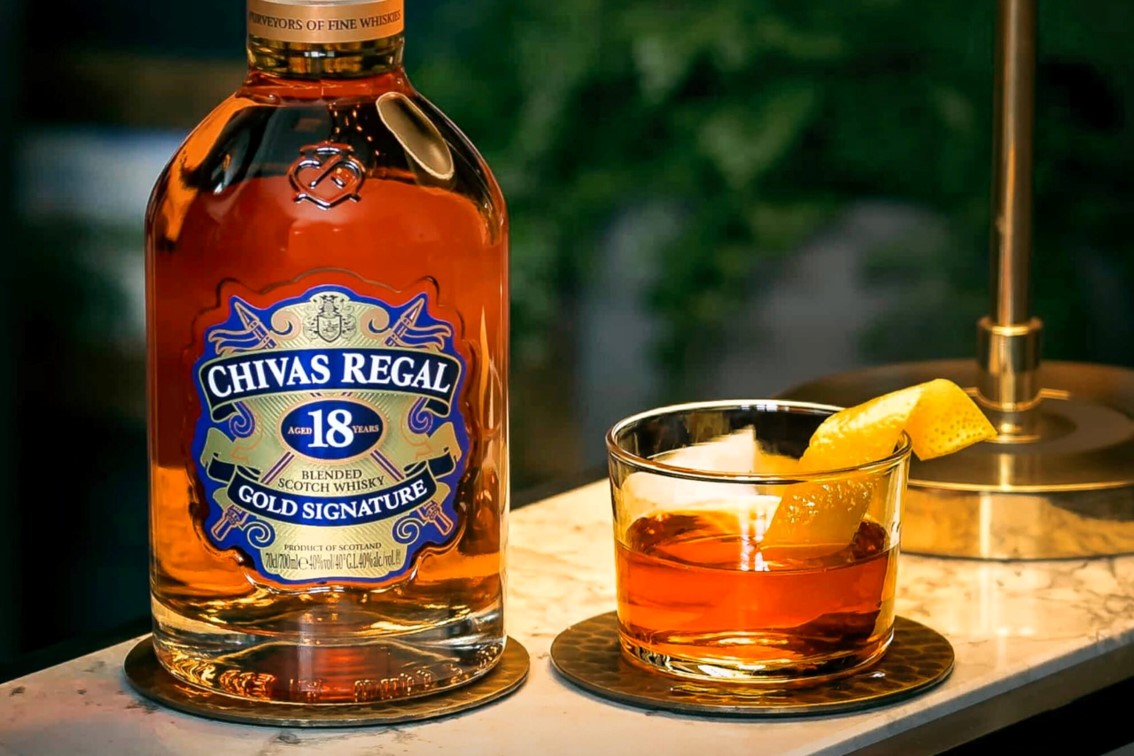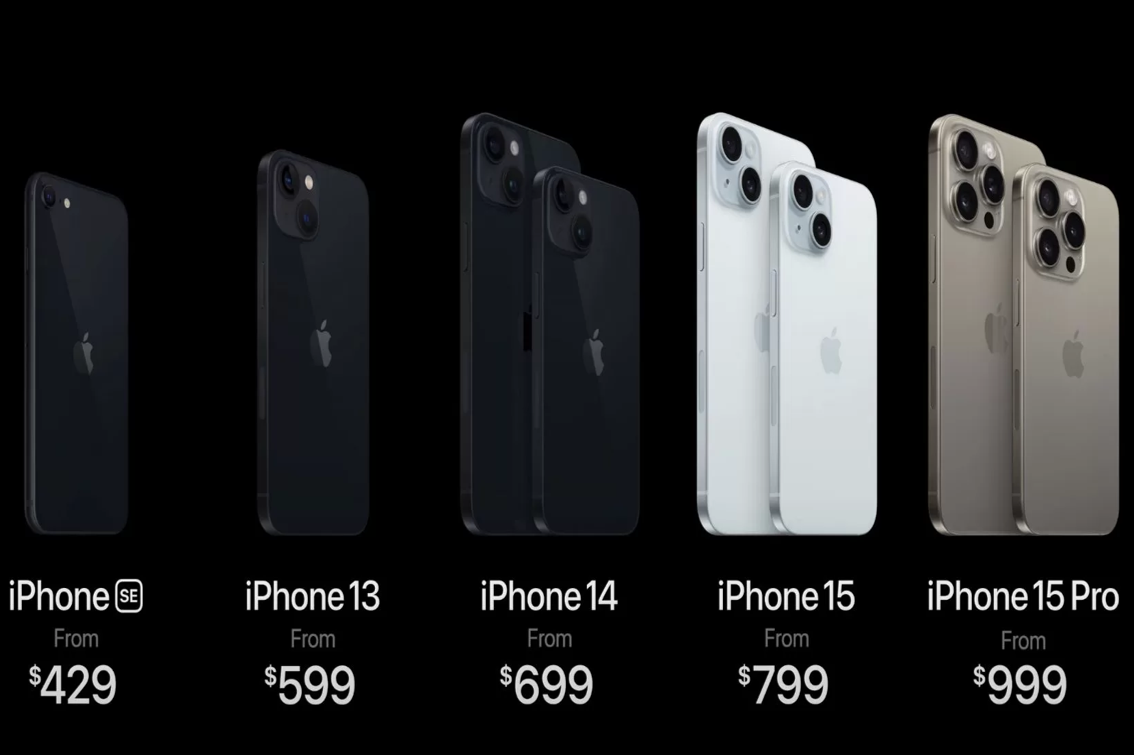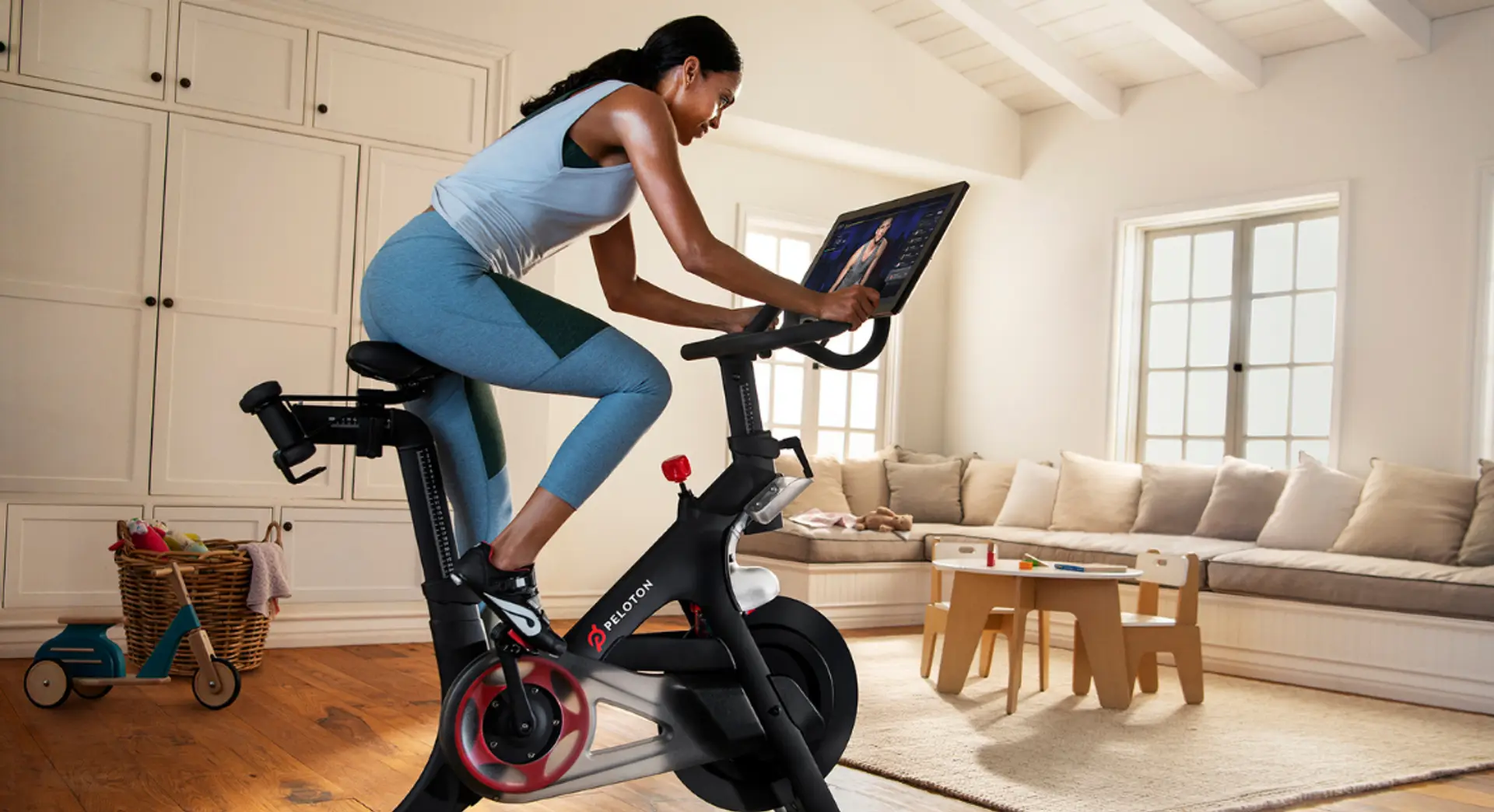If you’ve ever picked up a Bang and Olufsen remote you’ll know they’re surprisingly heavy. But that’s nothing to do with function – it’s designed to exploit our assumption that heavier things are better quality.
Veblen goods
Cheap isn’t always good: we want some things to be expensive.
To overtake Johnnie Walker as market leader, Chivas Regel simply acted like market leader; putting the price up, and creating ads that didn’t show the pack (because number 1 is always recognisable).
When Concorde was suffering during the 1980s, its owners discovered that the passengers significantly overestimated the ticket price. “So very simply, we said, we’ll charge them what they think they are paying. And so we put the fares up”. Concorde ticket prices were doubled to over $7,000, one way, in today’s prices and it was repositioned to provide a super-elite class for bankers, the rich, and the famous.
Apple raises the price of its phones with each new model, and yet consumers continue to buy them. But to be fair this is also driven by the addition of new product features, and not just price.
The Roman Emperor is perhaps the most famous example of a self proclaimed Veblen good. In 75 BC he was captured by Sicilian pirates who demanded a ransom of 20 talents of silver, equivalent to $600,000 by today’s standards. But Caesar laughed at them for not knowing who he was, and suggested that 50 talents would be a more appropriate amount.
Nurofen contains exactly the same chemical as ibuprofen, but can be seven times as expensive. When it comes to pain relief, we assume expensive products must be better.
According to John Foley, then CEO of Peloton, “in the very, very early days, we charged $1,200 for the Peloton bike for the first couple of months. And what turned out happening is we heard from customers that the bike must be poorly built if you’re charging $1,200 for it. We charged $2,000 dollars for it, and sales increased, because people said, ‘Oh, it must be a quality bike.’”







